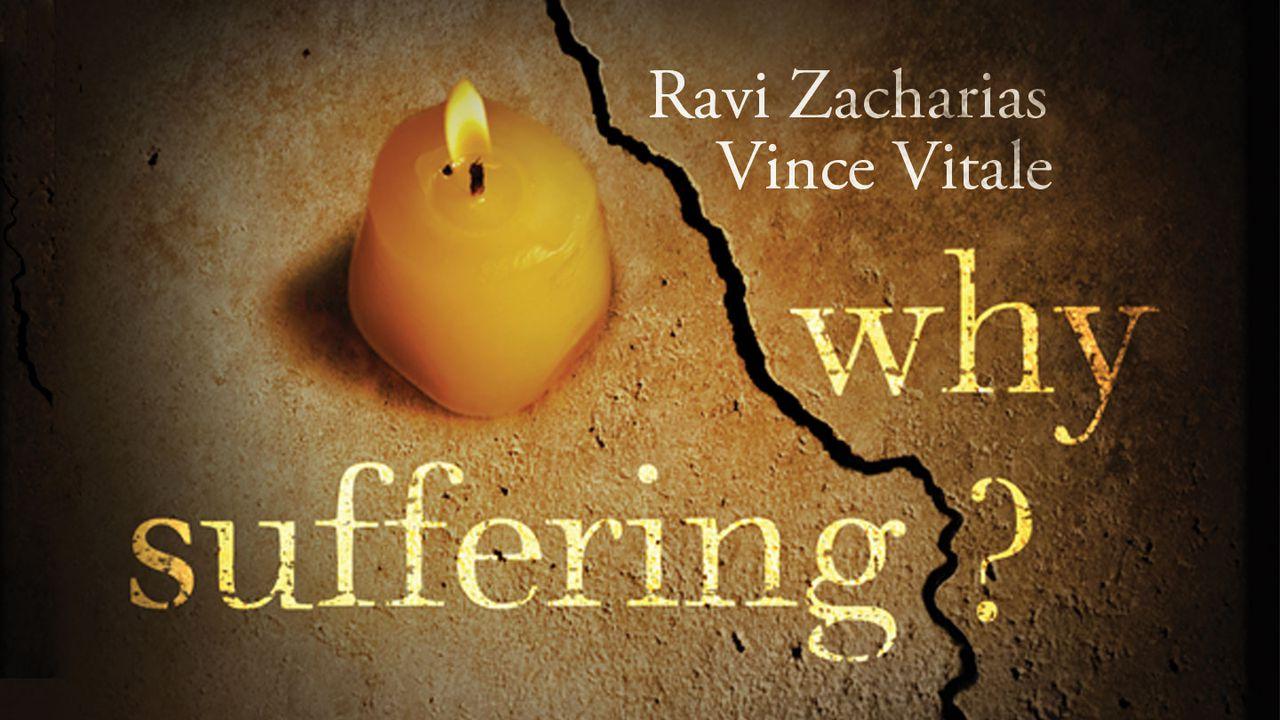Why SufferingExemplo

The Why and the How of Suffering
This reading plan will include a deep exploration of why suffering exists, but at least as important as the question of why there is suffering is the question of how we will face the pain. In God, Freedom, and Evil, philosopher Alvin Plantinga offers perceptive insights with profound implications: “[I]n the presence of his own suffering or that of someone near to him he may find it difficult to maintain what he takes to be the proper attitude towards God. Faced with great personal suffering or misfortune, he may be tempted to rebel against God . . . or even to give up belief in God altogether. But this is a problem of a different dimension. Such a problem calls, not for philosophical enlightenment, but for pastoral care.”[1]
Where do we find shepherding care as we walk through the valley of evil and suffering? As Chesterton rightly asked, when belief in God becomes difficult, the tendency is to turn away from Him—but in heaven’s name to what? When Jesus asked the 12 disciples closest to Him whether they too would desert Him along with the rest of His disciples, Peter replied for all of us down through the ages when he said, “Lord, to whom shall we go?” (John 6:68). Where else can one go for an answer?
This is where the Christian message not only stands tall above any other teaching on pain and suffering but also goes beyond any other answers to our problem. The intellectual answers are important. But intellect alone cannot help us navigate the minefield of pain and suffering. Other worldviews also offer intellectual answers. But Christianity alone offers a person.
The resources of Christianity provide a wide range of helpful responses to the question, “Why suffering?” The strength of these responses is to be found not in pitting one against another but in appreciating their cumulative force, and in recognizing that a challenge as personal as suffering requires responses varied enough to bring meaning and comfort to each particular circumstance and, most importantly, to each particular person.
We were made for relationship. Ideas ultimately cannot bring lasting meaning, comfort, or hope. Only a person can. At the core of every one of the responses we will offer in this reading plan is relationship with God—the freedom to enter into that relationship and the freedom to live in the fullness of life that only that relationship provides.
Reflection Questions
- In response to pain and suffering, why is it significant that Christianity offers both answers and a person?
- In the midst of personal suffering, why is pastoral care and authentic friendship often what is needed the most?
Bible Verses
- Psalm 23
- John 6:68
- Hebrews 2:14–18
- 2 Corinthians 1:3–6
Citation
[1] Alvin C. Plantinga, God, Freedom, and Evil (Grand Rapids, MI: Eerdmans, 1977), 63–64.
Escritura
Sobre este plano

This study is based on the book WHY SUFFERING? written by Christian apologist Ravi Zacharias and Vince Vitale, Dean of the Zacharias Institute, It is written for the Christian struggling for an answer, the seeker who thinks suffering disproves God’s existence, and the sufferer who needs a glimpse of a loving God.
More

